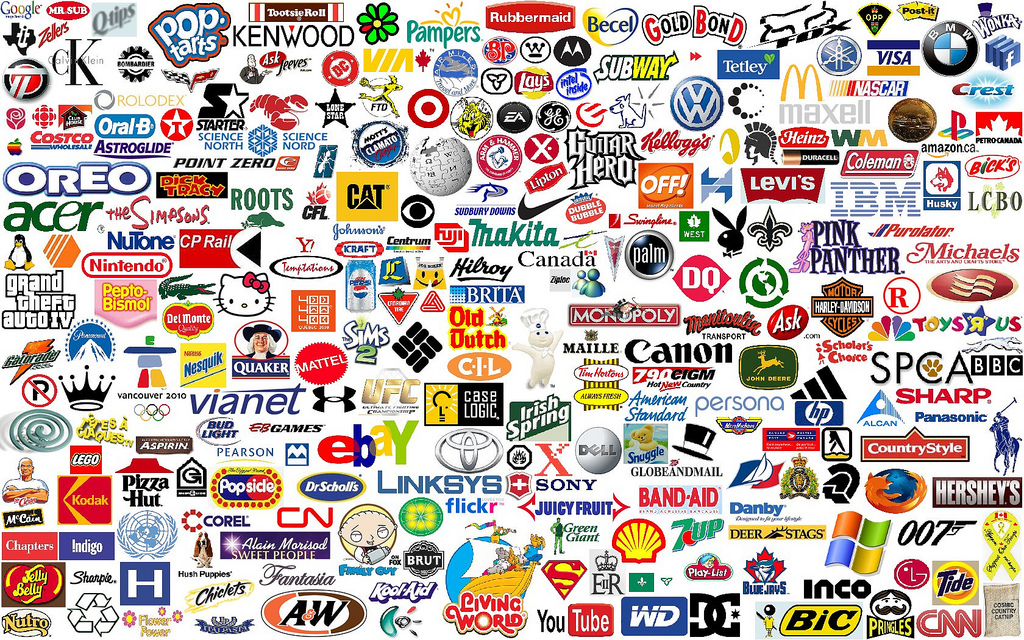Last Updated on Mar 5, 2020 by James W
Naming is an essential component of marketing and with the emergence of the integrated approach to digital marketing, it has also become essential to SEOs and SEMs. Purchasing a domain name that bears a strong similarity with the name of a brand is heavily frowned upon, both by Google, as well as by the law. That being said, trademark law, with its set of complexities, exceptions, and standards still eludes many. This applies across the marketing board, not just when it comes to the digital realm. In order to help simplify the legal aspect of your naming processes, we’ve put together a brief guide on trademark rules and regulations.
You can’t trademark usual words and letters
Not that people haven’t tried this before. Further confounding the situation are the numerous cases of major brands named after day-to-day items, such as Shell, Apple, and Time. But the catch in those cases is that Apple doesn’t sell apples, Shell is in the oil business, and, well, no one can claim to sell time itself. Beyond these examples, however, there is a set of specific criteria when it comes to trademarks. The most legally ‘solid’ ones are arbitrary, suggestive, descriptive, and generic. Arbitrariness refers to the lack of semantic connection between the brand name and the products/services it sells. Suggestive trademarks may qualify, as may descriptive ones (albeit rarer). Generic terms are usually frowned upon, when it comes to trademarks.
Similarly, you can’t trademark letters or groups of letters, unless they are arbitrary. Random groups of letters that form new ‘words’ (i.e. brand names) are also accepted, provided they create no strong semantic link with a pre-existent item in daily life. IBM and BMW are established brands in their own right and it’s easy to assume that consumers only associate them with those particular companies.
Artwork titles can’t be trademarked
Another frequently encountered question relates to the titles of artwork, such as movies, musical albums and books. The short answer is that book titles cannot be trademarked, as they are formed from common words. Given the literary nature of books as products, no one can claim ownership over a set phrase, when used in such a context. The notable exception to this rule refers to series of published works. For instance, “The Lord of the Rings” is, indeed, a registered trademark. That’s because there is an entire series of books involved there. To boot, the franchise has also crossed over into the movies and merchandising businesses. As such, since a larger set of works is involved, the title is allowed to be used as a mark. You can find more information at this website, which also provides legal consultations for would-be trademark owners.
In fact, after all is said and done, the best way to figure out what can and can’t be trademarked is to talk to a trademark lawyer. Like all issues that have to do with copyright, there is a lot to uncover behind the surface of this field. Moreover, trademark infringement lawsuits are tried in federal courts – and that’s because each state has their own set of laws on trademark usage. Depending on which state you live in, you’re going to want to look into its particulars. Aside from legislation, court rulings can also come to influence trademark law one way or the other, by creating precedents.





